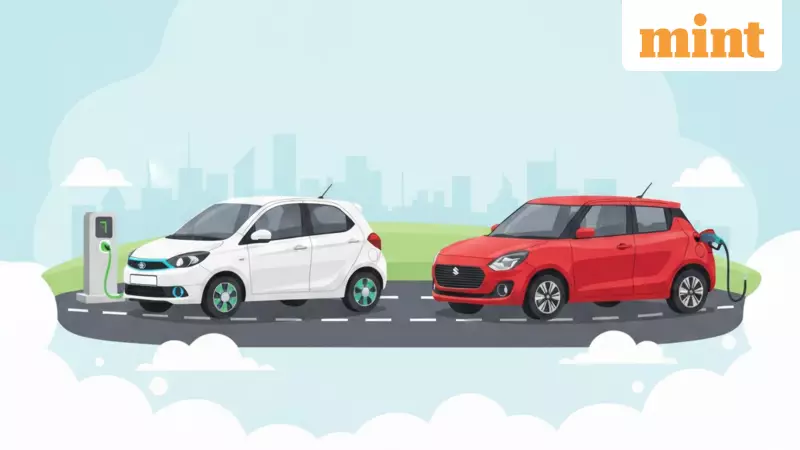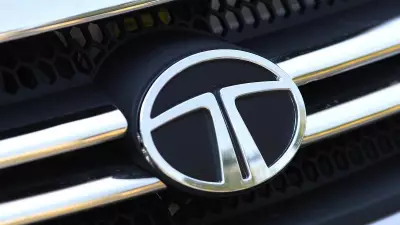
India's electric vehicle revolution is facing an unexpected speed bump, and it's coming from an unlikely source - the country's own tax structure. While petrol and diesel vehicles are becoming more affordable, electric vehicles (EVs) are struggling under the weight of heavy taxation, creating a paradox that could slow down the nation's green mobility transition.
The Great Indian Tax Divide
Here's what's creating the imbalance: conventional petrol and diesel cars attract a 28% GST plus additional cess, while electric vehicles face the same 28% GST rate but with a crucial difference - there's no compensation cess. However, the real problem lies in the fact that despite government intentions to promote EVs, the tax structure isn't providing the necessary push to make electric mobility mainstream.
Why This Tax Imbalance Matters
The current tax scenario creates several challenges for EV adoption:
- Price Parity Problem: Electric vehicles remain significantly more expensive than their petrol counterparts
- Consumer Resistance: High upfront costs deter potential buyers despite long-term savings
- Manufacturing Challenges: Automakers face difficulties in scaling EV production due to limited demand
- Infrastructure Delay: Slow EV adoption affects charging infrastructure development
The Expert Solution: Time for GST Cuts
Industry leaders and tax experts are unanimous in their recommendation: reducing GST on electric vehicles from the current 28% to 18% or even 5% could be the game-changer India's EV sector needs. This single move could:
- Make EVs more affordable for middle-class buyers
- Accelerate the adoption of electric two-wheelers and cars
- Boost domestic manufacturing under Make in India
- Help achieve climate goals faster
The Bigger Picture: India's Green Mobility Dream
As India commits to ambitious climate targets and reducing carbon emissions, the electric vehicle sector becomes crucial. The current tax imbalance threatens to slow down progress just when momentum should be building. With global automakers investing heavily in electric technology and Indian startups innovating in the EV space, the right tax policy could position India as a global leader in sustainable mobility.
The question now is whether policymakers will bridge this tax gap and fuel India's electric dreams, or let the revolution stall before it truly begins.





